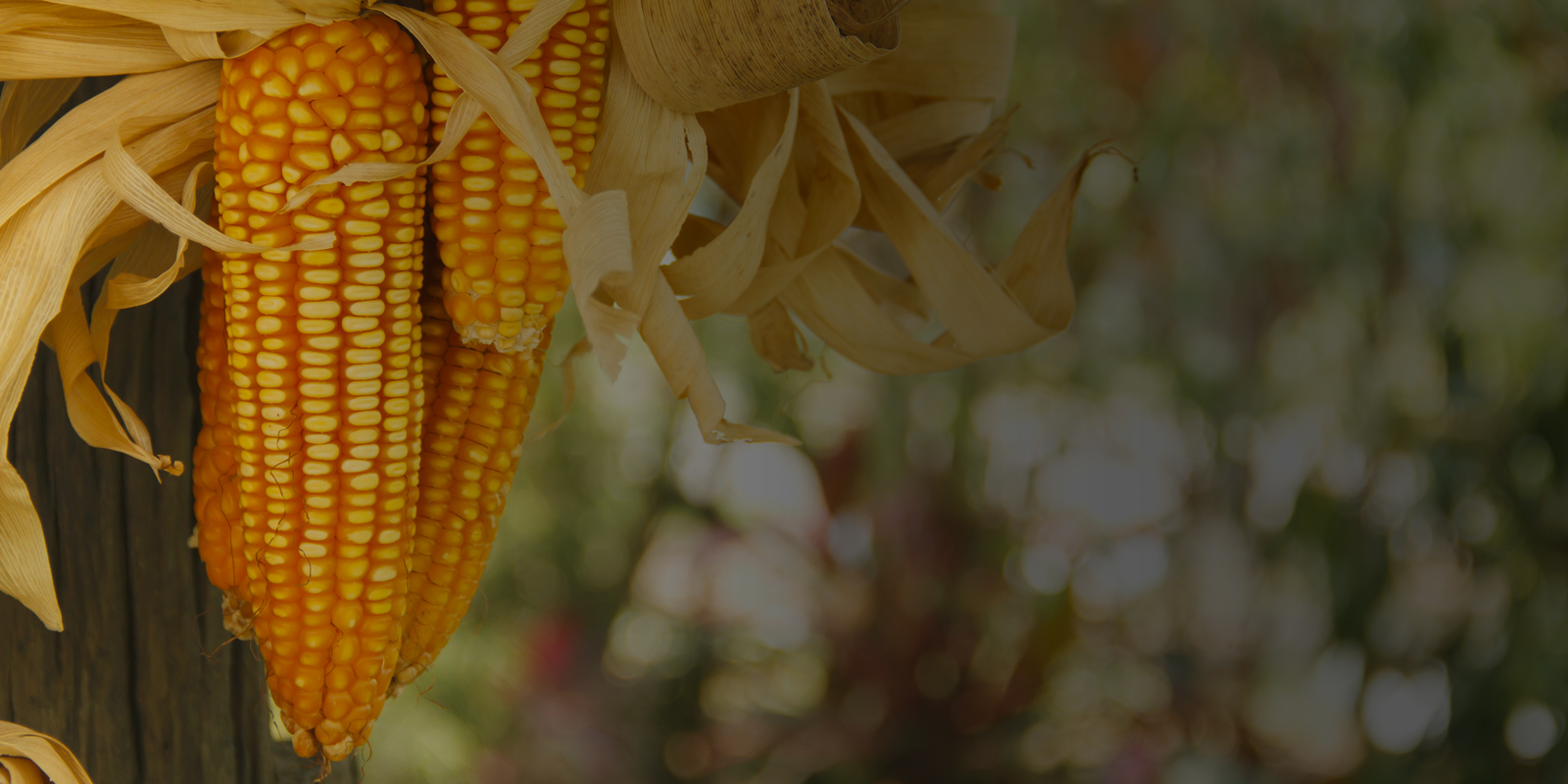What may be most challenging for those in the agriculture value chain in West and Central Africa is not the availability of proven innovations and technologies.
Rather, it is how to get them to farmers faster and at large scale in the most affordable way possible.
This perhaps explains the shift to a more collaborative approach to delivering the needed science, seeds and technologies to farmers in West Africa.
A ‘new’ five-year funding from the West Africa Regional Mission of the United States Agency for International Development (USAID) is enabling the West and Central African Council for Agricultural Research and Development (CORAF) to stitch together critical partnerships between the major players of the agricultural sector to deliver agricultural inputs and relevant technologies to farmers quicker and at large scale.
This consortium is made up of all major local, national, regional governmental actors, donors, research institutions, civil society organizations and business players of inputs industry in the region.
“Our laboratories and scientists have produced some cutting-edge research results including drought-resistant and climate-sensitive seed varieties and technologies. These innovations are available. Sadly, they are not always accessible to the end-users who are the farmers and producers,” says Dr. Abdulai Jalloh, Director of Research and Innovation at CORAF.
What the new program, known as the Partnership for Agricultural Research, Education and Development (PAIRED) does is to seek synergistic and mutual approaches to deliver the vital science to farmers.
“You may wonder why with all the available innovations we have not been able to reach an adoption level that allows us to transform agriculture in West Africa substantially. Our analysis informs us that it is only when you respect the principle of subsidiarity while working together that you achieve results at scale. And this is what PAIRED is all about,” added Dr. Jalloh.
Who are the actors?
The research and development ecosystem in West and Central Africa is made up of many actors. Some of them include the Economic Community of West African States, the West Africa Economic and Monetary Community, the Economic Commission of Central African States, and the Permanent Interstate Committee for Drought Control in the Sahel. They also include scientific partners such as IITA, AfricaRice, ICRISAT, IFDC, FARA, national agricultural research institutions, the private sector such as AFSTA, ROPPA, HubRural, and multinational companies, financial and technical partners such as the World Bank, the African Development Bank, and USAID.
“Coordinating the efforts of these organizations is critical to delivering the expected development outcomes to the farmers,” explains Dr. Hippolyte Affognon, who has been tasked with the implementation of PAIRED across West Africa.
“Dwindling development resources means we should seek efficient and effective approaches to deliver impact at scale. We believe that the PAIRED approach of mutualizing efforts will help in this regard,” says the PAIRED Project manager.
The five-year cooperative agreement between USAID and CORAF stands at USD 15 million. A substantial part of the investment is intended to strengthen CORAF to play its role better. The other two components include:
- Technology upscaling;
- Increasing access to quality agri-inputs.
“The strength of PAIRED does not lie in the financial resources it brings to the region. Rather, it is the ability to pull partners to work together for the common good of farmers,” adds Dr. Affognon.
As part of its activities to strengthen these partners, actors of PAIRED are meeting in the Senegalese capital from April 9-11, 2019 under the overarching goal of facilitating collaboration among the key actors.
 English
English
 Français
Français 
